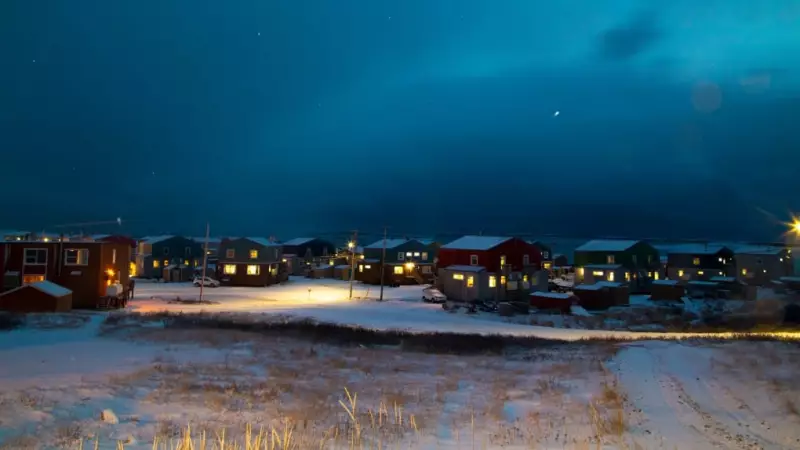
The remote Inuit community of Inukjuak in northern Quebec is embarking on a transformative journey that will fundamentally change how its residents power their lives. After decades of relying on expensive, polluting diesel generators, the community is preparing to connect to Hydro-Québec's main grid, marking a monumental shift toward clean, renewable energy.
A New Era of Energy Independence
Located approximately 1,500 kilometres north of Montreal on the eastern shore of Hudson Bay, Inukjuak has long depended on diesel fuel shipped by boat during the brief summer navigation season. This costly and environmentally damaging energy source has limited the community's growth and development while contributing to greenhouse gas emissions.
The transition to hydroelectric power represents more than just an energy upgrade—it's a commitment to sustainable development and environmental responsibility for future generations. The project will connect Inukjuak to the main power grid through the construction of new transmission lines and infrastructure.
Economic and Environmental Benefits
The switch from diesel to hydroelectricity brings multiple advantages:
- Reduced energy costs for residents and businesses
- Elimination of diesel-related pollution and greenhouse gas emissions
- Increased reliability of power supply throughout the year
- New opportunities for economic development and community growth
- Enhanced energy security without dependence on seasonal fuel shipments
Community-Led Transformation
This energy transition has been years in the making, with community leaders and residents advocating for cleaner, more affordable power solutions. The project demonstrates how remote Indigenous communities can lead the way in adopting sustainable energy practices while maintaining cultural traditions and values.
The connection to Hydro-Québec's grid will not only provide immediate benefits but also pave the way for future infrastructure improvements and community development projects that were previously constrained by energy limitations.
As Inukjuak prepares to flip the switch on its new energy future, the community stands as a model for other remote northern settlements seeking to balance modern development with environmental stewardship and cultural preservation.





